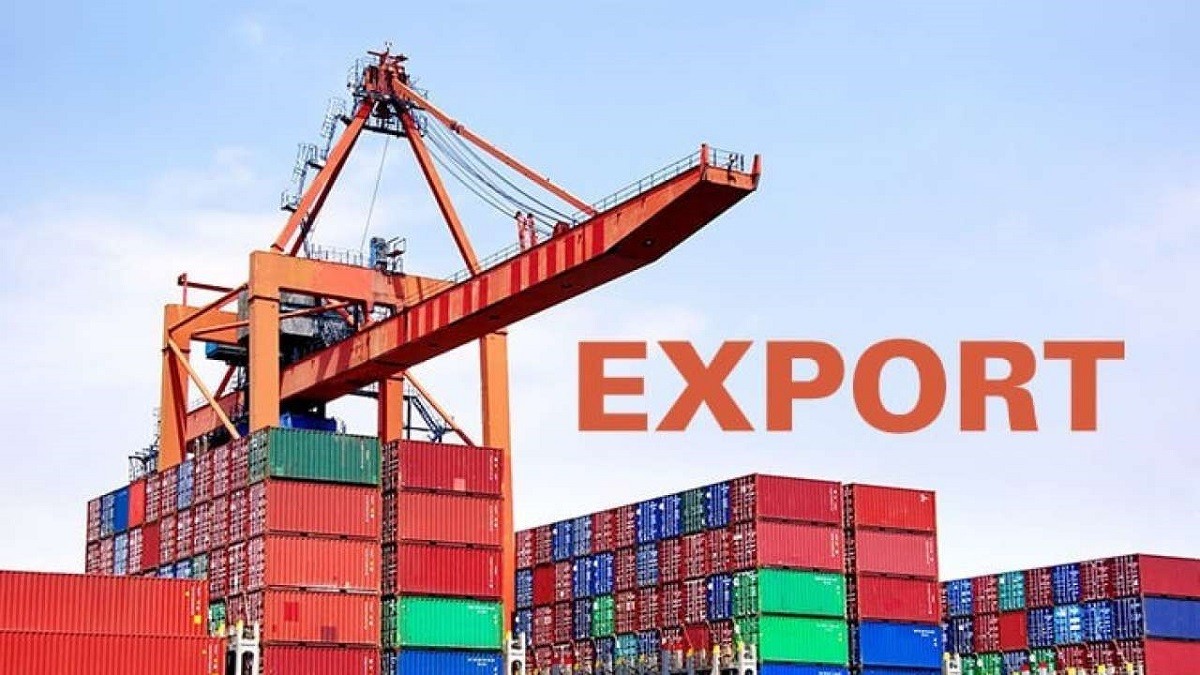MARKETS AND ECONOMY
Proposed Raw Materials Bill Threatens Exporters, Manufacturers – CPPE
Published
9 months agoon

The Centre for the Promotion of Private Enterprise (CPPE) has strongly opposed the proposed Raw Materials Research and Development Council (RMRDC) Bill currently before the National Assembly, warning that it could cripple Nigeria’s non-oil export sector and put thousands of jobs at risk.
At the heart of CPPE’s concern is a provision in the bill requiring a minimum of 30% local value addition before any primary product can be exported. The bill also seeks to prohibit manufacturers from importing raw materials deemed to be available in sufficient quantities locally.
Read Also:
According to CPPE’s Director and Chief Executive Officer, Dr. Muda Yusuf, while the intention to promote local value addition is commendable, the approach being proposed is “simplistic” and overlooks critical realities in Nigeria’s economic landscape.
“The policy must strike a balance between the interests of exporters of primary products and local processors. We must avoid a zero-sum game that punishes one sector to benefit another,” Yusuf said in a statement issued on April 21, 2025.
He warned that the bill, if passed, would penalize exporters—many of whom operate in the primary product supply chain involving items like cocoa, cashew, shea butter, sesame seeds, and ginger—by restricting their ability to compete in global markets. “Thousands of jobs across this value chain would be endangered,” he cautioned.
CPPE raised several questions about the practical implementation of the bill:
- What metrics will define the 30% value addition threshold?
- Who will issue approvals for exports under this rule?
- Has any thorough study been conducted to assess Nigeria’s current processing capacity?
- How will the government define and regulate “sufficient quantity” of locally available raw materials?
Yusuf argued that many local agro-processing businesses have failed not because of raw material shortages but due to broader systemic challenges such as high production costs, unstable power supply, poor logistics, prohibitive borrowing rates, and regulatory inefficiencies.
“Instead of addressing the root causes of our manufacturing inefficiencies, this bill risks increasing bureaucracy and creating new corruption gateways through additional approval chains,” he said.
CPPE also pointed out that the RMRDC’s proposed trade restrictions fall outside its core mandate.
Issues of imports and exports, Yusuf emphasized, are matters of fiscal policy, typically handled by the Ministry of Finance, Ministry of Industry, Trade and Investment, and the Nigeria Export Promotion Council (NEPC).
“Trade policy is not something to be hard-coded into legislation. It must remain flexible, data-driven, and responsive to prevailing economic realities,” he added.
The organisation has therefore called on the National Assembly to discontinue further deliberation on the bill and advised the RMRDC to focus on its primary role—conducting research and facilitating access to cost-effective raw material alternatives for local manufacturers.
“This bill offers a very weak value proposition. We urge the RMRDC to withdraw it entirely,” the CPPE concluded.
Share this:
- Click to share on X (Opens in new window) X
- Click to share on Facebook (Opens in new window) Facebook
- Click to share on WhatsApp (Opens in new window) WhatsApp
- Click to share on Pocket (Opens in new window) Pocket
- Click to share on Telegram (Opens in new window) Telegram
- Click to email a link to a friend (Opens in new window) Email
- Click to share on LinkedIn (Opens in new window) LinkedIn
You may like


Centre Spotlights Catalysts for Nigeria’s Economic Expansion in 2026


Excise Hike on Soft Drinks will Fuel Inflation, Cost Jobs, CPPE Warns


Rising Business Crises: CPPE Demands Urgent Legal Shield for Investors, Employers


CPPE Applauds CBN’s Policy Easing, Raises Fiscal Concerns


Israeli-Iran War: Centre Identifies Mixed Economic Implications for Nigeria


How CBN’s Monetary Policy Reforms Discourages Investment in Real Sector – CPPE












